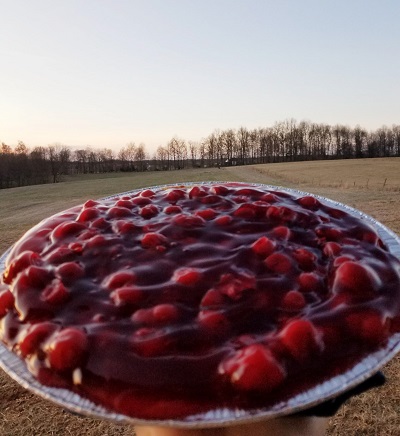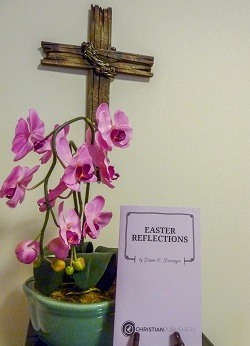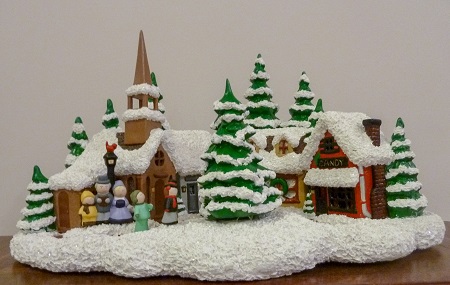Let Sleeping Dogs Lie
 Like several animals (and a few people) dogs can be dangerous when suddenly wakened. Therefore, we usually let sleeping dogs lie. We leave them alone to sleep in peace.
Like several animals (and a few people) dogs can be dangerous when suddenly wakened. Therefore, we usually let sleeping dogs lie. We leave them alone to sleep in peace.
In daily life, we often choose to let sleeping dogs lie.
Instead of causing trouble, we avoid it. We don’t want to make a bad situation worse. If all is well and no one will benefit, why hurt anyone? We leave good enough alone.
Many words or actions only cause problems. Therefore,
- Rather than talk about people, we bite our tongues.
- Rather than take hurtful actions, we bend over backwards to help.
Most situations are none of our business. Gossip and interference make us busybodies and do no one any good
However, at times we need to speak or act.
We must take a stand when necessary to:
- Make a bad situation better
- Help someone who hurts
Stay out of the doghouse. Unless actions will help, let sleeping dogs lie.
“It is to one’s honor to avoid strife, but every fool is quick to quarrel” (Proverbs 20:3 NIV).
Thanks to Brad Leverett for the suggestion. Photo courtesy of Pixabay.
Do you have an expression you want explained? If so, please comment below.
Subscribe to receive my weekly posts by email and receive a free copy of “Words of Hope for Days that Hurt.”
If you enjoyed this post, please share it with your friends.
 While on a trip, many of us look forward to the end of the road.
While on a trip, many of us look forward to the end of the road.  Some people stay cool as a cucumber.
Some people stay cool as a cucumber. When we want to check if something happened, we look in the books.
When we want to check if something happened, we look in the books. Joe Hill wrote about pie in the sky in his 1911 song,
Joe Hill wrote about pie in the sky in his 1911 song,  Teetotal means total or complete.
Teetotal means total or complete.  Congratulations to Harriet Michael, whose name was randomly drawn from my blog subscribers for a free copy of “Easter Reflections.”
Congratulations to Harriet Michael, whose name was randomly drawn from my blog subscribers for a free copy of “Easter Reflections.”  At the end of the day means our final conclusion.
At the end of the day means our final conclusion. Deck the Halls is a traditional Christmas and New Year’s song.
Deck the Halls is a traditional Christmas and New Year’s song. Patience is not my greatest strength. Most of the time, I want everything done immediately, if not sooner. I want it done now, but I wish it were already done.
Patience is not my greatest strength. Most of the time, I want everything done immediately, if not sooner. I want it done now, but I wish it were already done. Many children love to play in mud. Some animals roll in mud. However, no one wants to hear his name is mud.
Many children love to play in mud. Some animals roll in mud. However, no one wants to hear his name is mud.